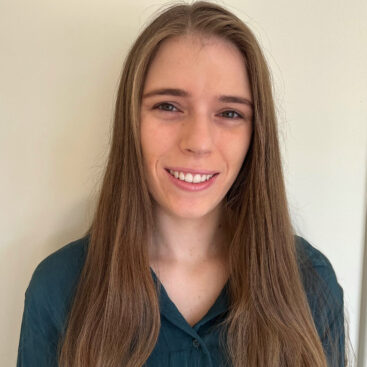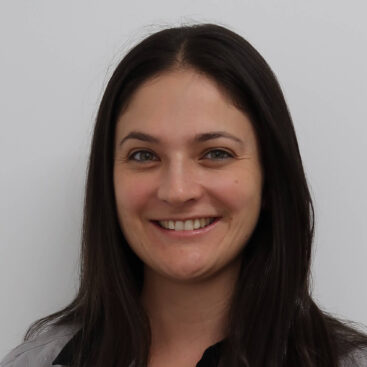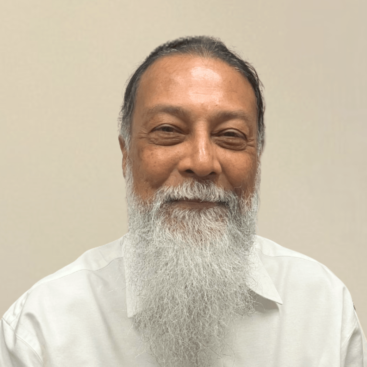About Us
Meet the people here to help you find your new direction
The New Directions Psychology Team
Whether you’re new to therapy, or have experienced counselling before, you want to know that your psychologist keeps up to date with the latest developments in the treatment of mental health.
Which is why our team of psychologists have different backgrounds and specialities. Given the complexities of many mental health issues, a one-size fits all approach won’t work. We select our psychologists carefully based on their experience and areas of expertise. This careful selection means we have a counsellor you can connect with, so you can collaborate together for your well-being.
Here’s the psychologist and client relationship team at New Directions:
Client Relationship Team:
Rhonda Keitel – Practice Manager and Accounts
Grace – Client Relationship Administrator
Tungane – Client Relationship Administrator
Bryanna – Client Relationship Administrator
Mylie– Client Relationship Administrator
Here’s some additional information for you about psychology services in Perth
When choosing a psychologist, make sure they’re registered with the Psychology Board of Australia. Psychologist’s regulatory body is AHPRA – the Australian Health Practitioner Regulation Agency. Their role is to ‘protect the public by setting the standards and policies that all registered health practitioners must meet.’ You can find more information on AHPRA at www.ahpra.gov.au.
Most psychologists are members of either Australian Psychological Society (APS) or Australian Association of Psychologists Inc (AAPi).
What is the difference between a psychologist, a psychotherapist, a psychiatrist and a counsellor.
There are many mental health professionals in Australia, and it can be confusing knowing who to turn to. Understanding the training therapists undertake can help explain their differences and who may best help you.

Psychologists
All registered psychologists will have completed a minimum six years of education and training in psychology to become eligible for general registration in Australia. This will include 4-year undergraduate psychology degree at university. Following this, they will have done further training in one or more of the following:

Clinical Psychologists
To become a registered clinical psychologist, you must have completed either your Master’s or Doctoral degree, as well as 2 years supervised practice post MPsych.
The foundations of training for psychologists is Cognitive Behavioural Therapy (CBT). This focuses on having you ‘recognise the patterns of thinking that cause you problems’ and working with your therapist to change the patterns from negative to positive. You can find more information on Cognitive Behaviour Therapy here.
All psychologists and clinical psychologists are regulated by AHPRA.

Psychotherapists
Psychotherapists usually complete an undergraduate degree in a health-related field (not always psychology) and then undertake further training in psychotherapy. They will also undertake psychotherapy themselves to further understand the process.
There are different modalities of psychotherapy and the therapists abide by a Code of Conduct, not a regulatory body. More information on psychotherapy can be found here.

Psychiatrists
Psychiatrists first complete a 6-year general medical degree. Then they undertake a further 5 years training in psychiatry.
As medical doctors, psychiatrists are able to diagnose, treat and prevent mental illness and can prescribe medication for treatment. You need a referral from a GP to see a psychiatrist.
Psychiatrists are regulated by AHPRA. More details on psychiatry can be found here.

Counsellors
Psychologists can be counsellors, but counsellors are not psychologists, unless they have studied psychology. Some counsellors obtain their qualifications through short-courses online, others undertake counselling as an undergraduate or post-graduate degree. You should always check the qualifications of your counsellor.
There is no regulating body for counsellors, but they can self-regulate through a number of professional associations. They do follow a Code of Conduct.







